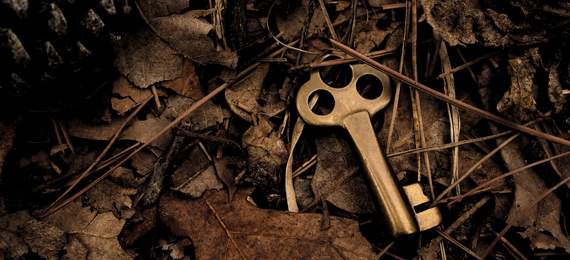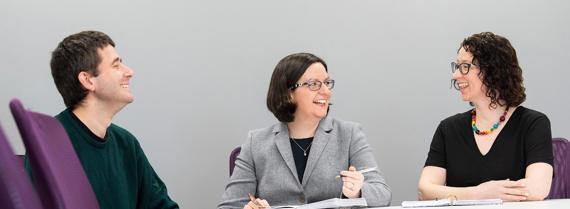
Photo by Michael Dziedzic on Unsplash
Interviewing your users, or potential users, can be time-consuming, but the insight and detail it can give you about them, their lives, opinions, needs and attitudes usually makes the investment of time worthwhile. Interviewing the right participants and asking the right questions gives you a nuanced, detailed and realistic understanding of who you’re engaging with and what you need to do in order to win them as a customer.
While interviews can provide valuable insight at any stage of the design and development process, they are most powerful when included as part of discovery - a phase of research that takes place before the concept of the product or service is fully developed and before a single design has been created.
The inclusion of a discovery phase in the development process can greatly increase the chances of success for a product or service, by flagging up possibilities and problems early and ensuring every design decision, right from the very beginning, is evidence-based. As the name implies, discovery is about exploring and uncovering new information and ideas. It’s not about the technology, or how it’s designed, it’s about understanding the real-world conditions in which your product or service will exist and the users who will engage with it.
The tools of discovery
The aim of discovery is to create as complete a picture as possible of all the factors that will affect the success of your product or service. Different methods will give you different aspects of that picture. Desk research - essentially just reading whatever is available about the topic you’re exploring - is a quick and easy way to get a basic understanding of your user groups and your market. Surveys can give you a relatively shallow and broad measure of attitudes, opinions and the current state of play across a group. As a tool for discovery, however, interviews are hard to beat.
Interviews in discovery
What makes interviews so valuable as a discovery tool is the power they give you to dig deep - to explore not only what the user does, but what they think, feel, like, dislike, wish for and fear. If designed and executed correctly, interviews can go beyond your original goal to uncover completely new possibilities, new ideas and even new markets. An interview, if well-designed, can give you far more rich, contextual information than pretty much any other research method.
The process must begin with some clear, well-defined research questions, to focus the discovery and ensure the data it gathers is useful and relevant. Suitable participants must be identified and recruited. Interview questions, with plenty of prompts, must be designed in advance. Questions should be specific enough to gather useful information and open enough to ensure they don't stifle or confuse participants. The researcher must have the ability to put participants at ease and the skill to explore new ideas and unexpected answers without allowing the interview to go off on an unhelpful tangent. And once the interviews are complete, a thorough and sensible process of analysis is needed to draw out practical insights that can be translated into relevant design recommendations.
Interviews aren't the easiest research tool to use, but mastering the skills they require is guaranteed to improve the practice of any researcher. In our webinar (on 24th November 2021) we explained how to plan, design and carry out interviews as part of the discovery process.
Watch a recording of the webinar.



